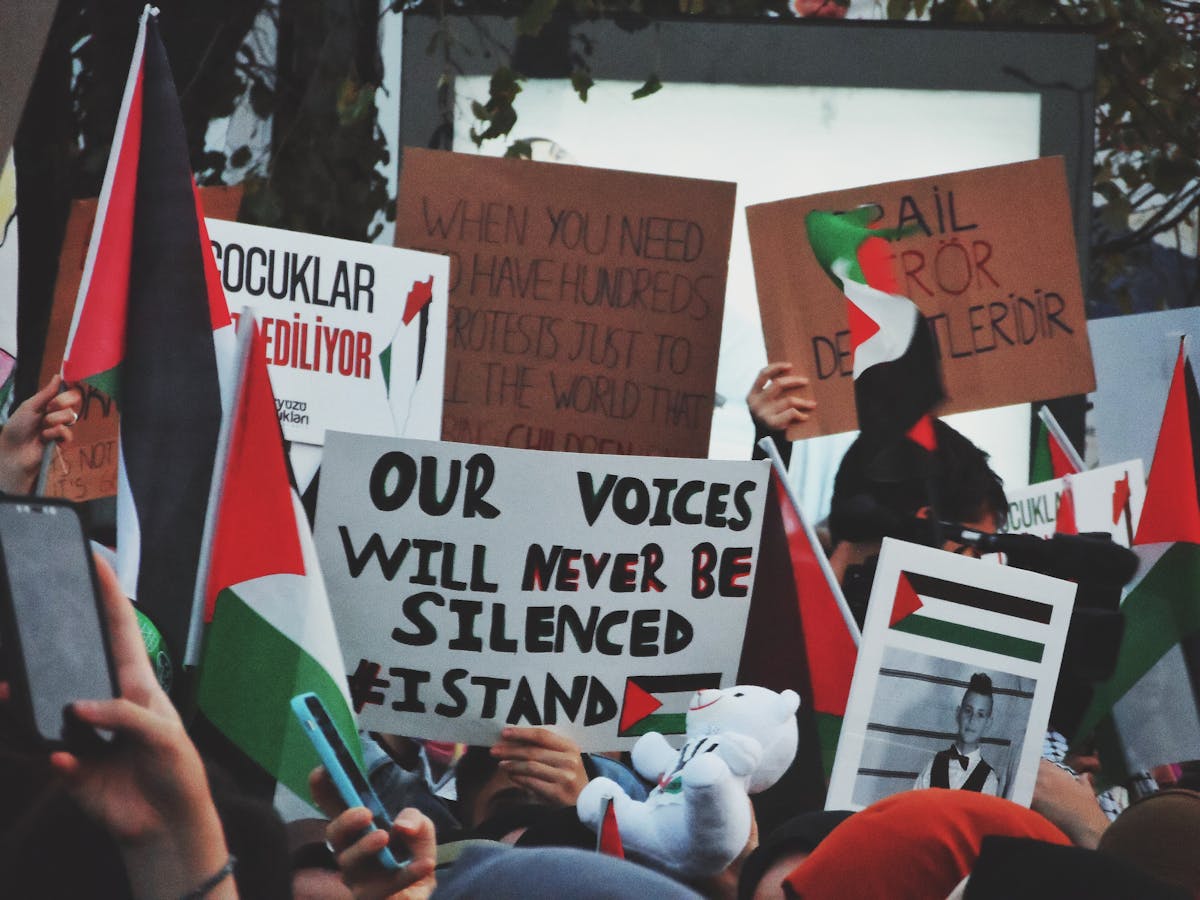Who Was Meena Alexander
Meena Alexander (1951–2018) was an acclaimed poet, essayist, and scholar whose works explored themes of identity, migration, memory, and belonging. Born in Allahabad, India, and raised in a multicultural environment, her life experiences deeply influenced her writing. Her powerful poetry and prose resonate with a sense of displacement and the search for home, making her a significant voice in contemporary literature.
Her literary contributions spanned over four decades, during which she became a celebrated figure in both Indian and global literary circles. With a unique ability to bridge cultures and address universal human experiences, Alexander’s work continues to inspire readers worldwide.
Early Life and Education
1. A Childhood Across Continents
Meena Alexander was born into a Syrian Christian family in India. Her father’s work as a scientist took the family to Sudan when she was just five years old. This early relocation exposed her to a blend of cultures, languages, and traditions that would later become central to her literary work.
2. Academic Achievements
Alexander displayed remarkable academic prowess from an early age. She studied English literature at Khartoum University in Sudan, earning her BA at just 18. She then pursued her doctoral studies at the University of Nottingham, England, where she completed a dissertation on Romantic literature, a genre that significantly influenced her poetic style.
Literary Career
1. Poetry and Themes
Meena Alexander’s poetry is celebrated for its lyrical beauty and emotional depth. Her works often navigate the complexities of migration, cultural identity, and the fragmented nature of memory.
- Early Works: Her first collection, The Bird’s Bright Ring (1976), reflected her early explorations of identity and place.
- Notable Collections: River and Bridge (1995) and Illiterate Heart (2002) showcase her mastery in addressing themes of loss and belonging.
- Posthumous Recognition: Her final collection, Atmospheric Embroidery (2018), is a poignant testament to her enduring literary genius.
2. Fiction and Memoir
While primarily known as a poet, Alexander also ventured into fiction and memoir. Her novel Nampally Road (1991) and memoir Fault Lines (1993) provide intimate insights into her personal journey and the socio-political landscapes that shaped her worldview.
Key Themes in Meena Alexander’s Work
1. Migration and Identity
Alexander’s works capture the dislocation and hybrid identities experienced by migrants. She often reflected on her own life as an Indian-born, Sudan-raised, and US-based writer. This unique perspective allowed her to explore the tensions between belonging and alienation.
2. Feminism and Womanhood
Her writings frequently highlight the struggles of women, particularly women of color, in navigating patriarchal and cultural constraints. Her poem House of a Thousand Doors poignantly addresses these challenges.
3. The Power of Language
For Alexander, language was a vessel for navigating identity. Her multilingual background—fluent in Malayalam, English, Arabic, and Hindi—enriched her poetic voice, enabling her to craft works that resonate across cultures.
Achievements and Legacy
1. Awards and Recognition
Throughout her career, Alexander received numerous accolades, including:
- The PEN Open Book Award for Illiterate Heart
- Fellowships from the Guggenheim Foundation and the Fulbright Program
- Recognition as one of the 21 “Voices of the Century” by The Library Journal
2. Academic Contributions
In addition to her literary work, Alexander was a distinguished professor of English at Hunter College and the Graduate Center, City University of New York. She inspired countless students to explore literature and creative writing.
3. A Global Influence
Her works have been translated into multiple languages, and she remains a celebrated figure in global literary festivals and academic discussions.
Impact of Meena Alexander’s Work
1. Bridging Cultures
Alexander’s writing created a dialogue between the East and the West, offering a nuanced perspective on global issues like migration, colonialism, and cultural integration.
2. Inspiring Future Generations
Her poetic exploration of identity and belonging continues to inspire writers and scholars navigating themes of displacement and diaspora.
FAQs About Meena Alexander
What is Meena Alexander best known for?
Meena Alexander is best known for her poetry, particularly collections like Illiterate Heart and River and Bridge, which explore themes of identity, migration, and memory.
Did Meena Alexander write only poetry?
No, she also wrote novels, essays, and memoirs. Her notable works include the novel Nampally Road and the memoir Fault Lines.
What inspired Meena Alexander’s writing?
Her multicultural upbringing and experiences as a migrant deeply influenced her writing, allowing her to address universal themes of displacement, identity, and belonging.
Which awards did Meena Alexander receive?
She received the PEN Open Book Award, Guggenheim Fellowship, and Fulbright Fellowships, among other honors.
Where can I find her works?
Meena Alexander’s books are widely available online and in bookstores, with some of her poetry collections also featured in academic anthologies.
What is her legacy?
Alexander’s work continues to inspire discussions on multiculturalism, feminism, and the complexities of migration.
Conclusion
Meena Alexander’s life and work stand as a testament to the power of words in bridging cultures and exploring the depths of human experience. Her poetry, prose, and academic contributions continue to resonate, reminding us of the beauty and complexity of identity and belonging.
Through her unique lens as a global citizen, Alexander illuminated the struggles and triumphs of those navigating fragmented identities. Her legacy endures, inspiring generations to find their voice and celebrate the richness of multicultural experiences.











